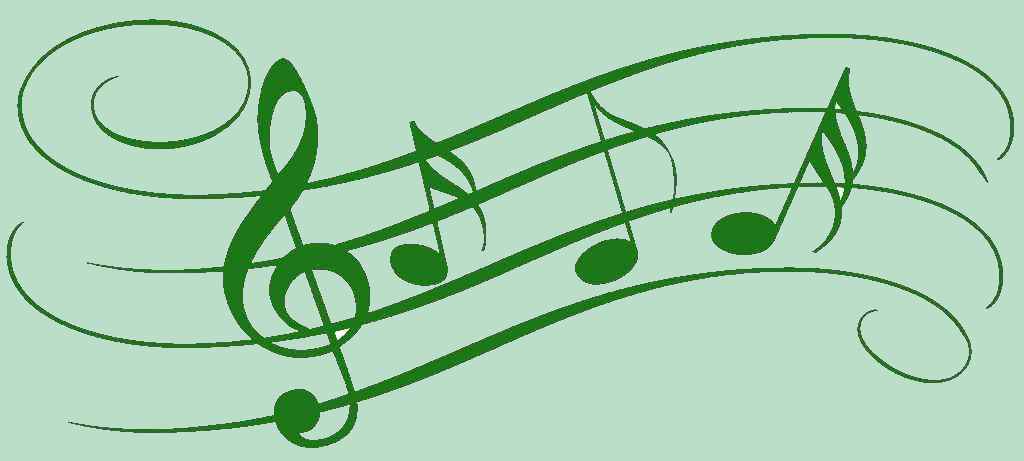
HOME PAGE
AUDIO CLIP LINKS
(listed below)
Lest we forget)
(This page)


Lest we forget)
(This page)


Lest we forget
(This page)

DETAILS AND TEXTS/TRANSLATIONS.
Lest we forget:
Composer's note: The opening bars here express
the shock of the sudden silence ('All quiet... no
flashes, no shells, nothing 20) and the
immensity of the relief (and disbelief) that it was all
over ('Peace has come to a suffering world'.
21) The words of Corder Catchpole
22 form the core of this section: 'We are
only justified in going on living if our future lives
manifest a heroism equal to that of the soldier who is
killed in battle'. Catchpole's 'heroism' can be
interpreted in many ways. He himself was a
conscientious objector who was imprisoned repeatedly
for refusing to participate in any way in the military
operation, and after the war spent the rest of his life
as an active and often controversial peacemaker. His
words and their intent can surely be applied to every
one of us, challenging us to put 'Lest we forget' into
active rather than passive remembrance. To mark the
remembrance of those lost, I have used sources from
each side of the conflict, including the first words
and tune of the traditional lament of the German armed
forces, 'Ich hatt einen Kamaraden, Einen bessern
findst du nit' (I had a comrade, You will find no
better) 23 and the sense of emptiness and
loss in Vera Brittain's anticipation of the 'long
dreary years ahead'. 24 The closing bars
repeat the motif with which the piece opened; 'Lest we
forget'.
Texts:
Lest We Forget
All was quiet - no flashes, no shells, nothing
[20]
The Great Shadow is lifted and Peace has come
[21]
And we are only justified in going on living
if our futures manifest at every point and at all
times
a heroism equal to those killed in battle
[22]
Suffering world
Ich hatt' einen Kameraden,
einen bessern findst du nit [23]
Suffering world
The long dreary years ahead [24]
Peace has come to a suffering world
[21]
Suffering, suffering world.
Lest we forget.
Lest we forget, lest we forget.
Lest we forget.
REFERENCES:
20 Extract from a recorded interview with
Rachel Cadbury from the Imperial War Museum Sound
Archives, ref 10038/6: '...it was all quiet on the
western front, there were no flashes, no shells,
nothing,' quoted in Felicity Goodall (2010, above)
p.77.
21 From My Small Share. A Quaker Diary
from WW1 by Ernest W. Pettifer, edited by Bryan
G.E. Pettifer (2014). The diary entry for
10th November 1918 (p.107) states: 'I knew
that at last the Great Shadow had lifted and that peace
had come again to a suffering world.'
22 From Corder Catchpole's letters home, in
We will not go to war. Conscientious objection
during the world wars by Felicity Goodall (2010,
p.75). The History Press. (First published as A
Question of Conscience in 1997)
23 'Der gute Kamerad,' which has been
translated for use in numerous fighting forces across
the world, was written by German poet Ludwig Uhland and
set to music by Friedrich Silcher, based on a Swiss
folk song. It is often played on German Remembrance
Day, and has been an integral part of German military
funerals since 1871.
24 Vera Brittain, 1917, quoted in Vera
Brittain: A Life by Paul Berry & Mark Bostridge
(1996). Pimlico, London, p.94.

© Emily Feldberg 2017-2018.